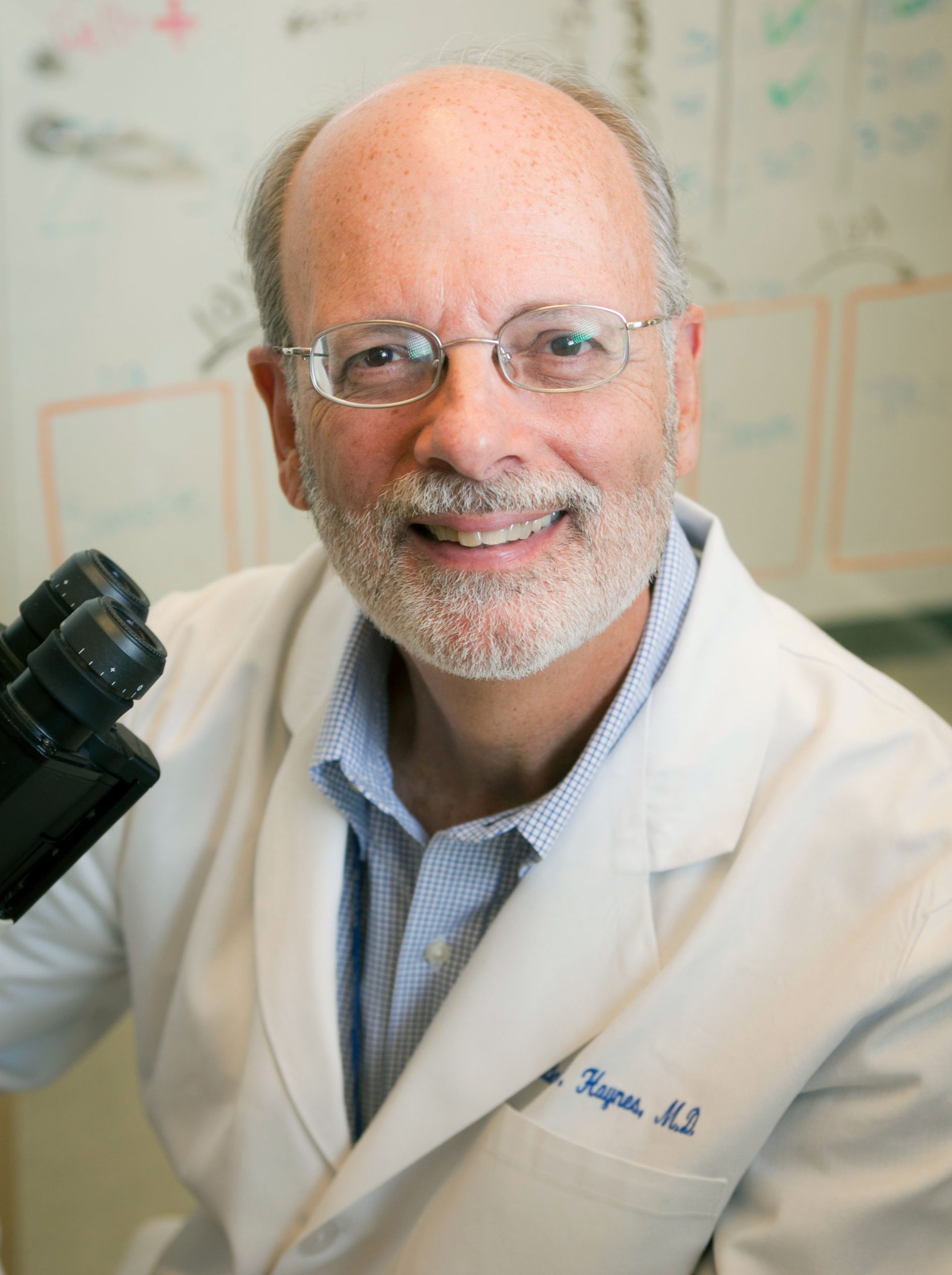More than 30 years after it was discovered, tens of millions of people are infected with the HIV virus, and AIDS continues to have a catastrophic impact globally.
One of the world’s leading authorities in HIV/AIDS is Dr. Barton F. Haynes, the Frederic M. Hanes Professor of Medicine and Immunology, and director of the Duke Human Vaccine Institute (DHVI). Haynes leads a team developing vaccines for pandemic influenza, emerging coronaviruses and HIV/AIDS.
From the onset of the COVID-19 pandemic, Haynes and the vaccine investigative team worked to develop new vaccines for COVID variants and create rapid tests to stymie a disease that has killed more than one million Americans and millions more worldwide.
Haynes has garnered international recognition for his work in T-cell immunology, retrovirology and HIV vaccine development. In the 1990s, Haynes worked with Dr. Louise Markert of pediatrics for a curative treatment for children born without a thymus, known as DiGeorge syndrome. Over the past two decades, Haynes has been awarded three large grants from the National Institutes of Health to lead the U.S. effort to develop an HIV vaccine.
Recently, the Haynes team has produced promising results: they developed an HIV vaccine candidate that triggered for the first time low levels of an elusive type of broadly neutralizing HIV antibody among in humans, providing proof an HIV vaccine can be made.
It has been a tricky task because the HIV virus changes so rapidly, and escapes. “Parts of the virus look like our own cells, and we don’t like to make antibodies against our own selves,” Haynes told WIRED.
At Duke for more than 40 years, Haynes has served as chief of rheumatology and immunology, Chair of the Department of Medicine, chief of staff of Duke Hospital, and for the past 34 years, director of the DHVI.



